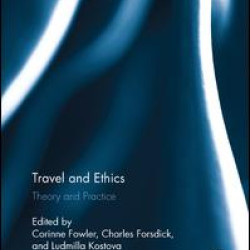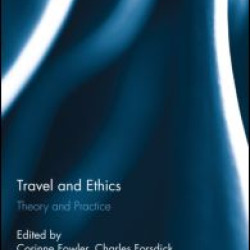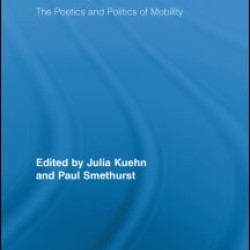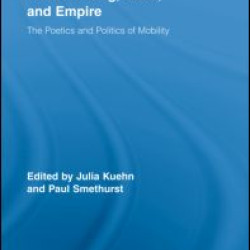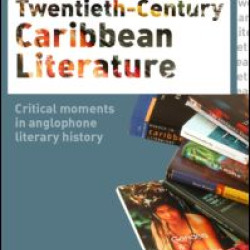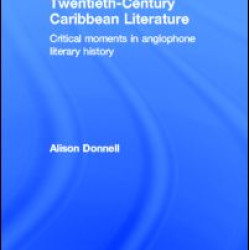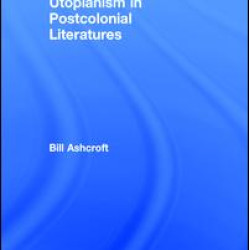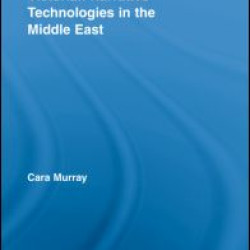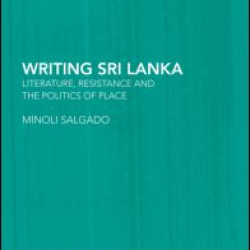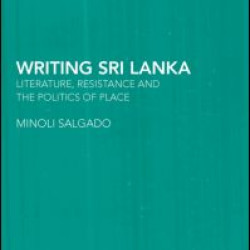Post-Colonial Studies
Brand: Taylor & Francis
Model: Stock
Transatlantic Engagements with the British Eighteenth Century revisits eighteenth-century culture through the lens of creative works by contemporary African and Caribbean writers who engage with the modes of storytelling that emerged in England during the heyday of the Atlantic Slave Trade...
₹2,789.98 ₹3,487.48
Brand: Taylor & Francis
Model: Stock
Drawing from the disciplines of anthropology, linguistics, literary studies and modern languages, the contributors in this volume apply themselves to a number of key theoretical questions pertaining to travel writing and ethics, ranging from travel-as-commoditization to encounters with minority lang..
₹2,789.98 ₹3,487.48
Brand: Taylor & Francis
Model: Stock
Drawing from the disciplines of anthropology, linguistics, literary studies and modern languages, the contributors in this volume apply themselves to a number of key theoretical questions pertaining to travel writing and ethics, ranging from travel-as-commoditization to encounters with minority lang..
₹8,812.80 ₹11,016.00
Brand: Taylor & Francis
Model: 9780415542500
This volume aims to explore more widely and more locally the expression of imperialist discourse in travel writing, and also to locate within contemporary travel writing attempts to evade or re-engage with the power politics of imperialist discourse...
₹3,230.62 ₹4,038.28
Brand: Taylor & Francis
Model: Stock
This volume aims to explore more widely and more locally the expression of imperialist discourse in travel writing, and also to locate within contemporary travel writing attempts to evade or re-engage with the power politics of imperialist discourse...
₹8,812.80 ₹11,016.00
Brand: Taylor & Francis
Model: 9780415262002
A historiography of Caribbean literary history and criticism, the author explores different critical approaches and textual peepholes to re-examine the way twentieth-century Caribbean literature in English may be read and understood...
₹2,055.58 ₹2,569.48
Brand: Taylor & Francis
Model: Stock
A historiography of Caribbean literary history and criticism, the author explores different critical approaches and textual peepholes to re-examine the way twentieth-century Caribbean literature in English may be read and understood...
₹6,535.42 ₹8,169.28
Brand: Taylor & Francis
Model: Stock
Postcolonial Studies is more often found looking back at the past, but in this brand new book, Bill Ashcroft looks to the future and the irrepressible demands of utopia...
₹6,902.62 ₹8,628.28
Brand: Taylor & Francis
Model: 9780415540797
Using narrative theory and postcolonial theory, this study reveals the cultural changes that turned England from a nation that abstained from investing in the internationally conceived Suez Canal to an imperial power who, by 1875, owned it. Arguing that literary genre was itself a technology that s..
₹3,230.62 ₹4,038.28
Brand: Taylor & Francis
Model: Stock
Using narrative theory and postcolonial theory, this study reveals the cultural changes that turned England from a nation that abstained from investing in the internationally conceived Suez Canal to an imperial power who, by 1875, owned it. Arguing that literary genre was itself a technology that s..
₹8,812.80 ₹11,016.00
Brand: Taylor & Francis
Model: Stock
First Published in 2007. Routledge is an imprint of Taylor & Francis, an informa company...
₹8,812.80 ₹11,016.00
Brand: Taylor & Francis
Model: Stock
First Published in 2007. Routledge is an imprint of Taylor & Francis, an informa company...
₹3,083.74 ₹3,854.68



